29th November 2024 - 10 mins read
AI in UGC: Why Human Creators Still Matter
AI-Assisted vs AI-Generated? Does it even matter?
Of course, it does!
Think about it: there’s a huge difference between a human creating content with the help of AI tools and a machine generating content entirely on its own. The process, the output, and the results? They’re worlds apart.
The difference isn’t just in how content is made—it’s in the authenticity, emotional impact, and the results it can achieve. AI is shaking up the world of UGC, but let’s not forget what makes user-generated content so powerful: the human touch.
Let’s explore the difference between AI-assisted content, where humans and machines collaborate, and AI-generated content, where the human element is completely removed. Spoiler alert: the difference is bigger than you think.

Key Highlights
- AI tools streamline tasks like editing, brief creation, and analytics, making the creative process more efficient without replacing human involvement.
- Human creators remain irreplaceable in crafting content that resonates emotionally with audiences, emphasizing authenticity and relatability.
- The future of UGC will be a blend of human creativity, powered by AI tools to enhance efficiency and effectiveness, rather than replace human creators.
What Is AI-Assisted UGC Content?
Imagine having an assistant that handles the boring stuff—editing, creating briefs, or crunching numbers—so you can focus on what you love: creating! That’s what AI-assisted UGC is all about.
AI tools have become a game-changer for creators, taking care of the repetitive, time-consuming tasks so they can focus on what they do best: being creative. Think of features like automated video editing, smart brief generation, or detailed analytics that help guide content strategy. Tools like Ramdam, InSense, and Billo make it easier than ever to match brands with creators and streamline UGC production, but they still need human oversight and input to shine.
With AI handling the technical stuff, creators can focus on crafting content that feels fresh, relatable, and engaging.
Why Humans Are the Heart of UGC
AI might be smart, but it’s still a tool. AI-assisted UGC works because it keeps creators at the center of the process. Human creators bring the authenticity, personality, and relatability that make UGC so effective in the first place.
It’s the quirky humor, unique storytelling, or heartfelt connection that hooks an audience—not just polished production. Even with AI lending a hand, it’s the human behind the screen that makes the magic happen.

What Is AI-Generated UGC Content?
AI-generated UGC is a bit of a misnomer because the "user" part is entirely removed. Instead, algorithms create synthetic videos, avatars, or messages that mimic human behavior. Tools leveraging deepfake technology and advanced AI video generators are behind this type of content.
For instance, some platforms can simulate realistic voices, faces, and even emotions to mimic human-like experiences. You can even go as far as to create AI avatars of real creators and use them in videos (with platforms like ArcAds). While this is impressive from a tech standpoint, it raises a big question: Can something completely machine-made really be considered UGC?
While it’s fascinating to see how far AI has come, AGC (AI-generated content) lacks a crucial ingredient—human input. It is essentially content generated from data, not lived experiences.
Can AI-Generated Content Be Called UGC?
Not exactly.
The heart of UGC lies in its authenticity—it is content born from real people’s experiences, opinions, and creativity. AI-generated content skips that part. While AGC can be polished and professional, it doesn’t carry the genuine personal touch that resonates with audiences.
When brands try to pass off AGC as UGC, audiences can often tell something is off. The trust and relatability that come with real creators simply can’t be replaced by algorithms. In the end, AI-generated content is its own category. It can be powerful for certain uses, but calling it UGC stretches the definition too far.
True UGC comes from real humans, not machines trying to imitate them.
The Benefits of Human Creators in UGC
When it comes to UGC, human creators bring something that AI simply can’t replicate: heart.
We’re talking about their real-life experiences, unique perspectives, and unpolished authenticity. For brands, this means connecting with audiences in ways that feel genuine, personal, and relatable—qualities that polished AI-generated content often struggles to capture.
Authenticity and Relatability
Human creators share experiences and stories that audiences can connect with. Their content isn’t about perfection; it’s about being real. This relatability is especially important for younger audiences like Gen Z, who value honest and unpolished messaging over anything that feels overly manufactured. A creator’s imperfect lighting or heartfelt caption can build trust far more effectively than a perfectly scripted AI-generated ad.
For brands, this authenticity translates into better engagement and stronger customer loyalty. When audiences see real people loving and using products, they’re more likely to believe the message—and act on it.

The Magic of Imperfection
Human creativity thrives on the unexpected. A misstep during filming, an unplanned moment, or an off-the-cuff idea can turn a simple video into something unforgettable. These “happy little accidents” give UGC its charm.
AI, no matter how advanced, struggles to replicate this magic. Its outputs are precise and calculated. Creativity isn’t always predictable; AI can follow a formula, but it can’t improvise or capture those fleeting, unpredictable moments.
The Limitations of AI in Replicating Human Creativity
For all its advancements, AI has its boundaries—especially in areas where intuition, emotion, and unpredictability are key. Creativity isn’t just a process; it’s a human instinct, and that’s where AI falls short.
The Unpredictable Nature of Viral Content
Think about the last viral video you shared. Was it perfectly polished, or did it have a raw, unfiltered quality? Viral content often surprises us—it breaks rules, subverts expectations, and strikes a nerve in ways no algorithm could predict.
AI can crunch numbers, analyze trends, and suggest strategies, but it can’t create that lightning-in-a-bottle moment. True virality often comes from human creators being themselves, taking risks, and delivering something unique.

The Unknown Factor in Content Success
Every creator knows that content success isn’t formulaic. There’s always an intangible “X-factor” that makes a video resonate with audiences. It could be a joke that lands perfectly, a reaction that feels real, or simply the right message at the right moment.
AI cannot understand these subtle nuances. It can’t predict cultural timing or capture the raw emotion that draws people in. Human creativity thrives in this ambiguity, while AI remains limited by its reliance on data and algorithms.
Can AI-generated Content Ever Be as Effective as Human-Created UGC?
The short answer: probably not. AI has incredible potential, but when it comes to connection, creativity, and trust, it still falls short.
AI-Assisted UGC
Let’s give AI credit where it’s due. It’s a fantastic tool for boosting efficiency. Creators can save hours with AI-driven video editors or brief generators, leaving them more time to focus on storytelling. Tools like Ramdam or Billo empower creators by making production smarter, faster, and more data-informed.
But here’s the catch: AI works best as a co-pilot, not the driver. It can enhance creativity but can’t replace it. The most successful campaigns happen when AI supports human creators, amplifying their ideas and allowing them to focus on storytelling and connection.
The Limitations of AI-Generated UGC in Building Brand Trust
Here’s the truth: audiences trust people, not algorithms. AI-generated content often feels too polished, too perfect, and too impersonal to resonate deeply. Authentic UGC connects because it’s messy and real—it tells a story consumers can see themselves in.
When brands rely solely on AI for content, they risk losing the trust and relatability that UGC is known for. After all, a glowing review from an AI-generated avatar isn’t as convincing as a heartfelt testimonial from a real person.
Scale Your Creator Ads with Ramdam’s AI-Powered Platform

Scaling creator ads can be daunting, but Ramdam makes it effortless. Our AI-driven platform helps brands create and manage campaigns that deliver real results. From matching you with creators perfectly suited to your campaigns to crafting AI-generated briefs, Ramdam takes the guesswork out of content production.
Ramdam’s Smart Sorting technology scans thousands of profiles to find the perfect fit based on your goals, budget, and audience. Plus, with AI-powered briefs, you can provide creators with clear, compelling instructions in seconds, ensuring your vision translates perfectly into content. Scale your campaigns faster, with fewer headaches, and watch your brand’s engagement soar.
In a nutshell
AI will continue to play a valuable role in making UGC creation faster and smarter, but at its core, UGC thrives on human emotion and authenticity. The future will be about pairing AI’s efficiency with the creativity and relatability that only human creators can bring.
While AI can optimize tasks, analyze data, and assist in content creation, the unpredictable, authentic, and relatable qualities of human-driven UGC will always be irreplaceable. As brands look to scale, embracing AI tools for efficiency is key, but never forget that human creators are the true heart of what makes UGC resonate.

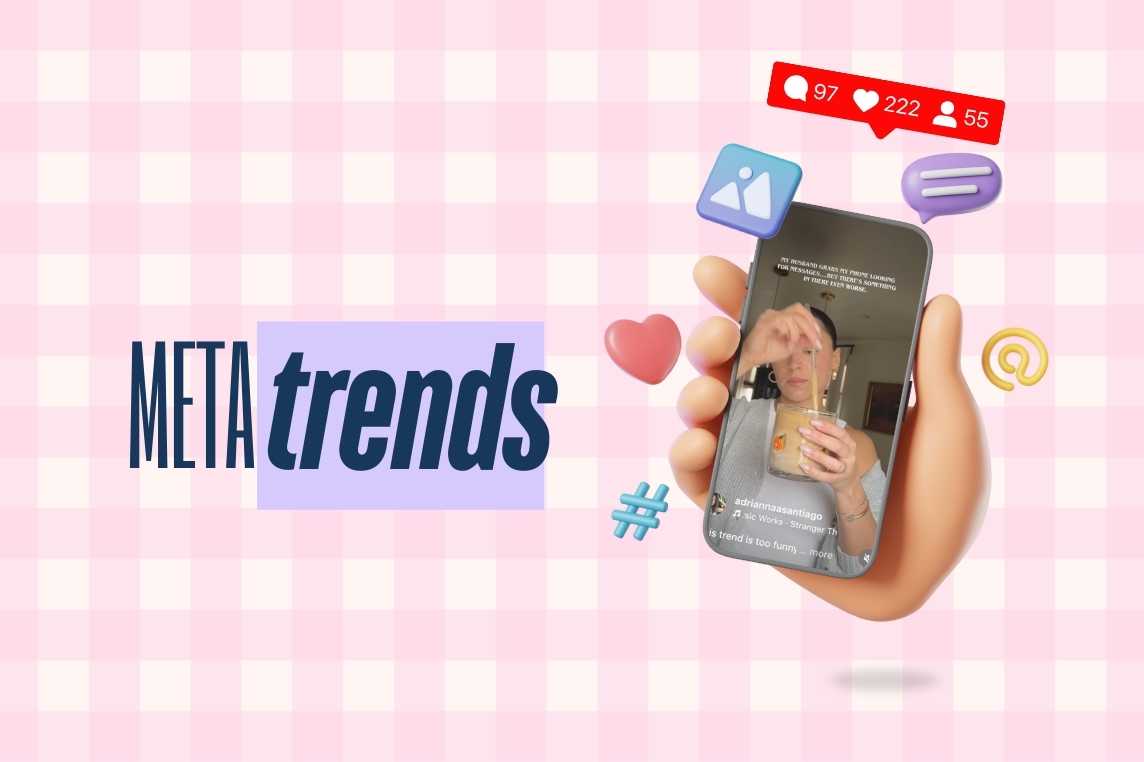



%20(1).jpg)
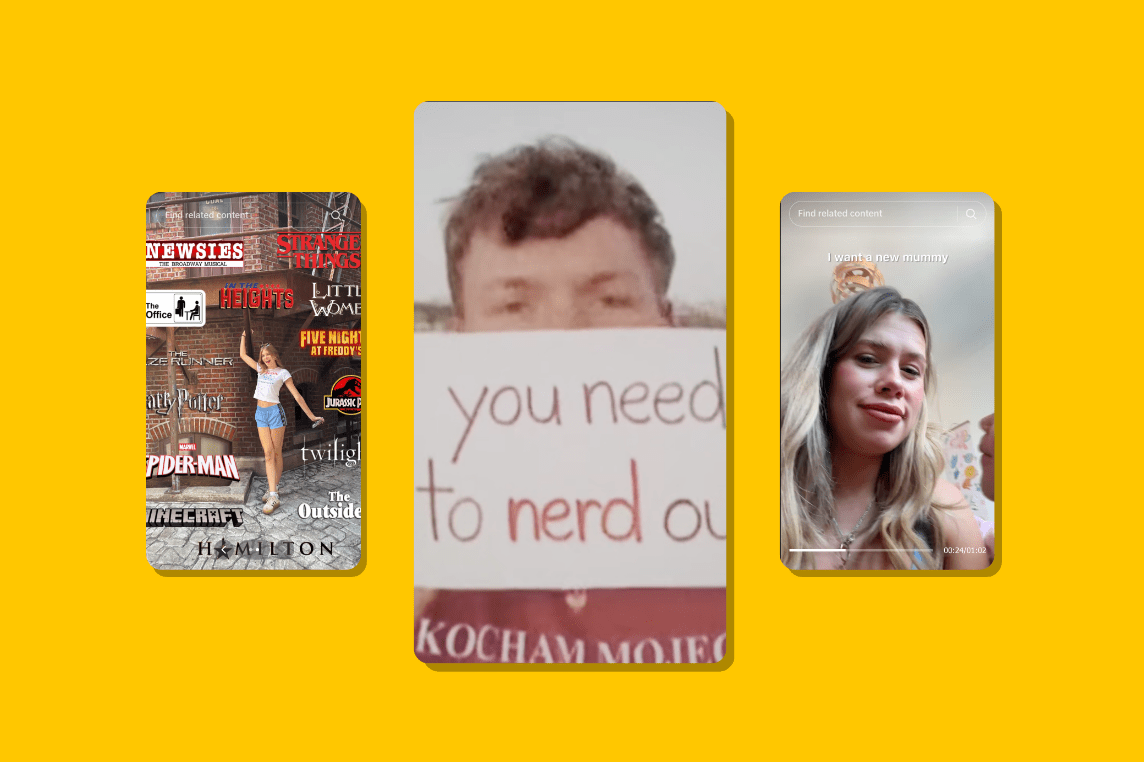
.jpg)

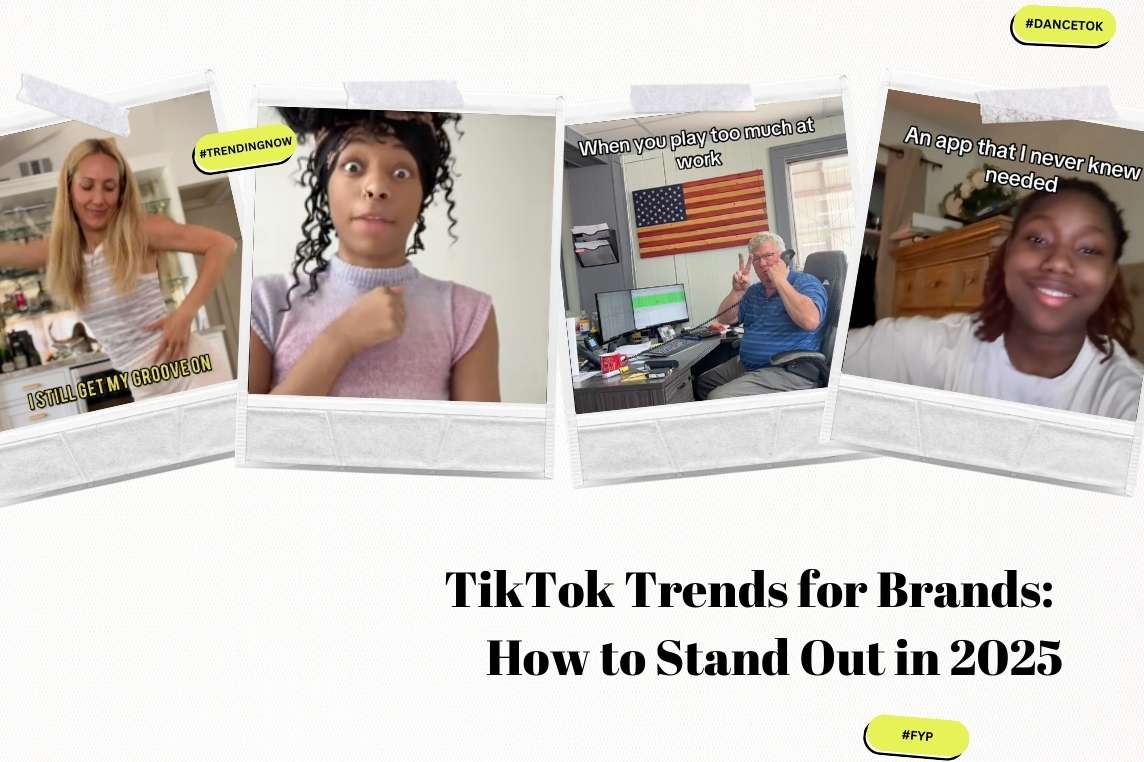
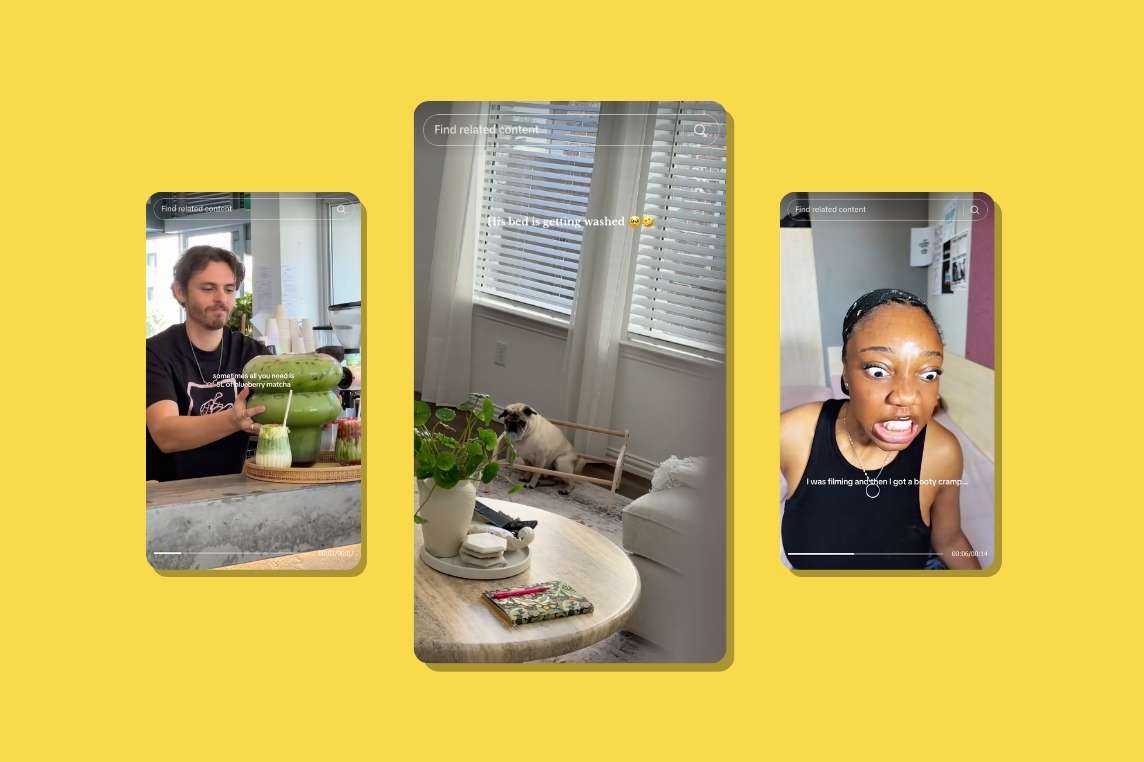
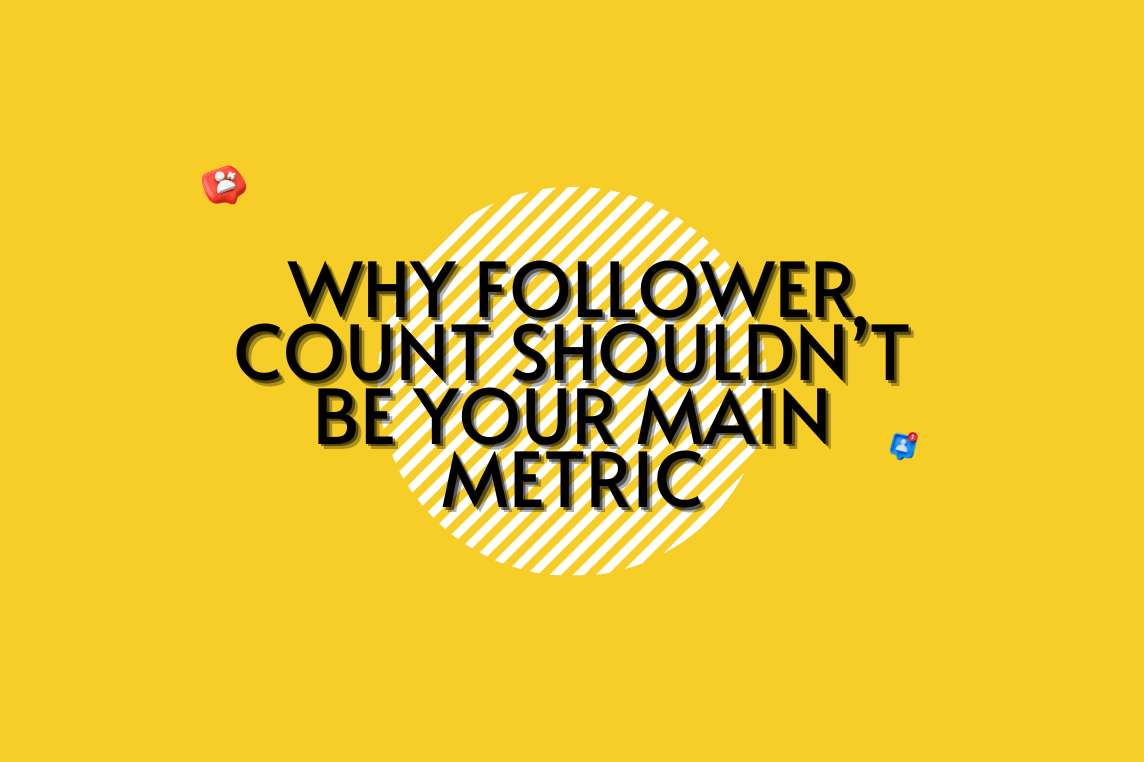
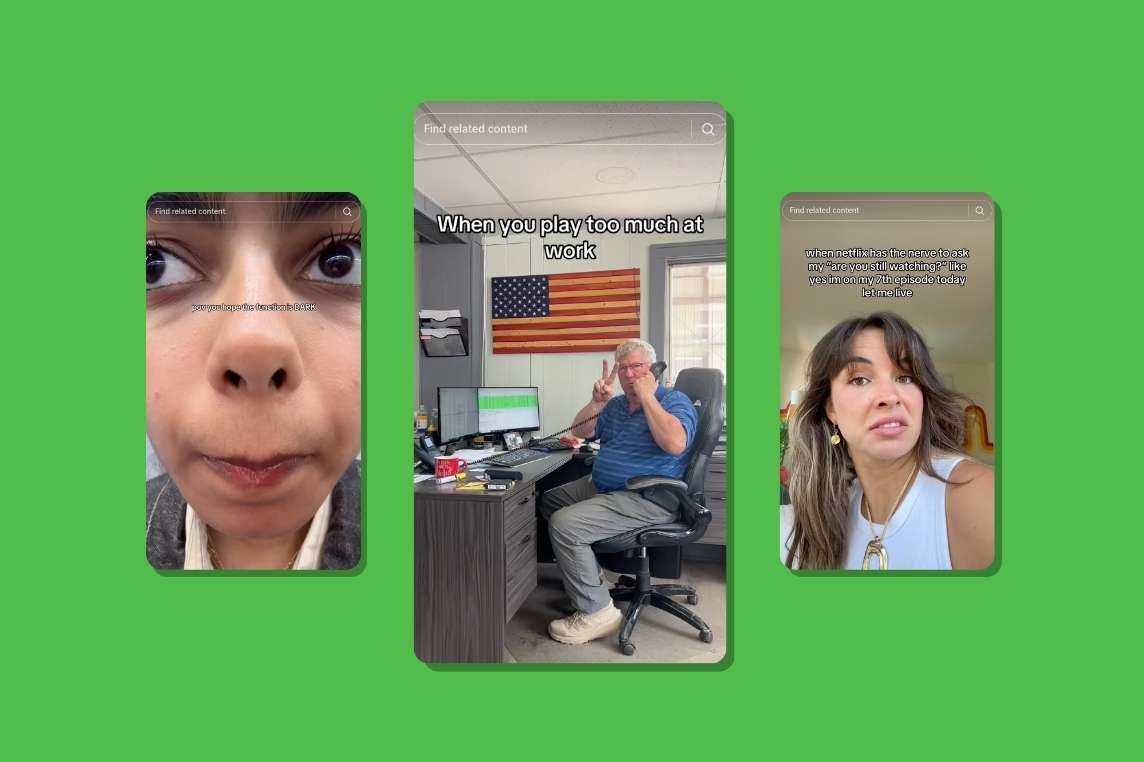

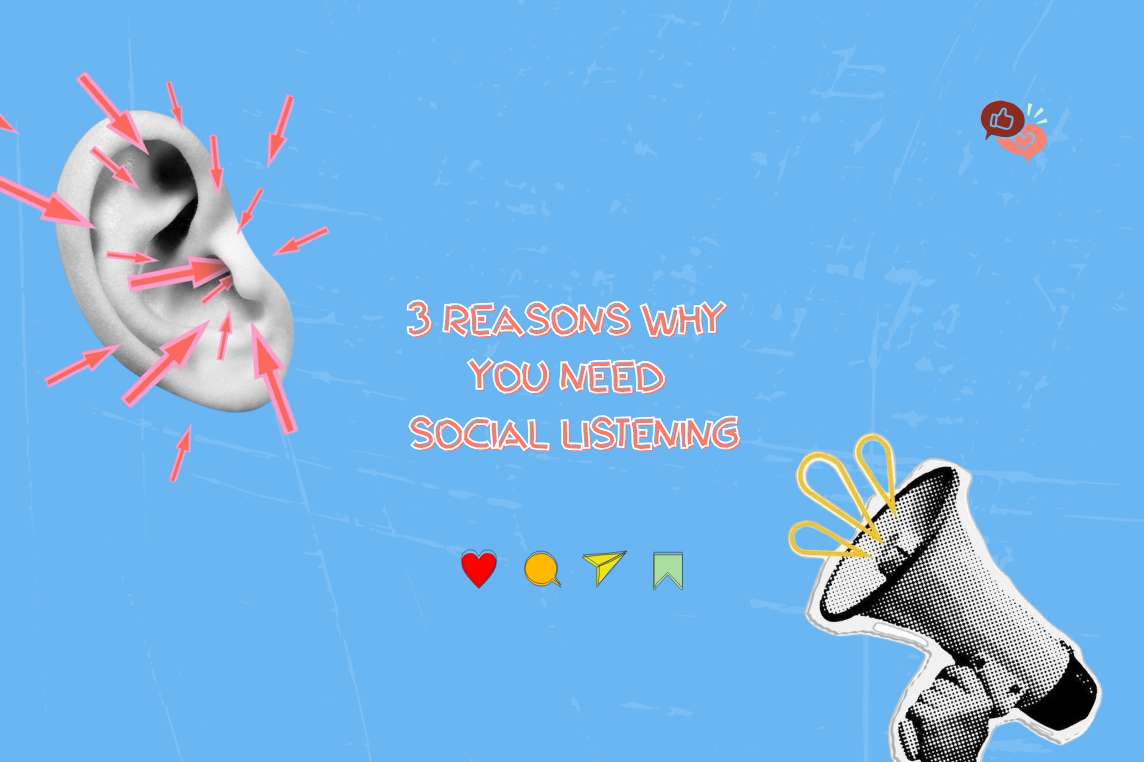
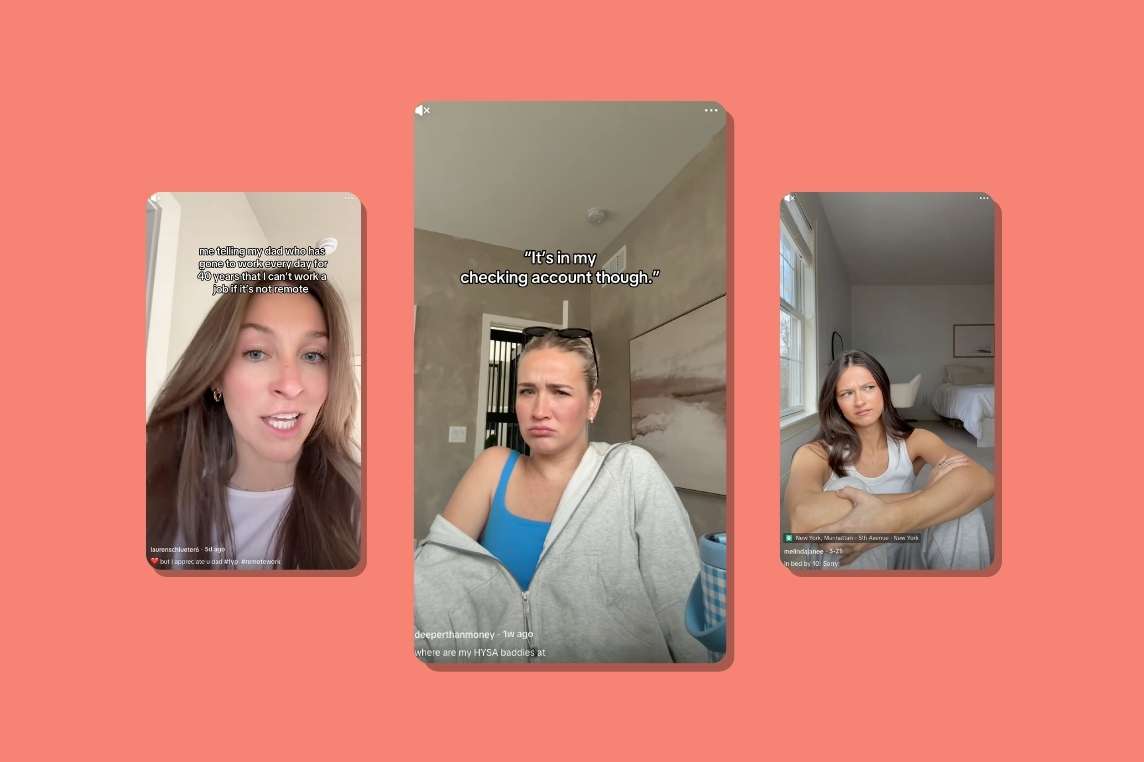
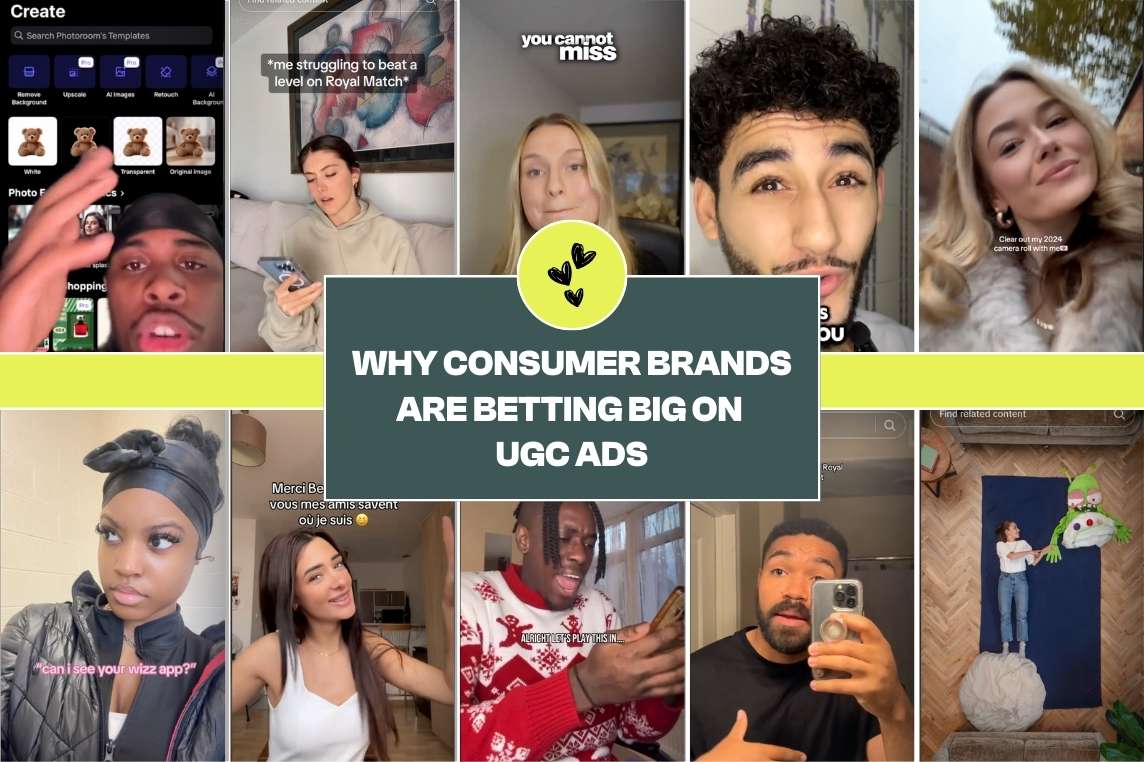
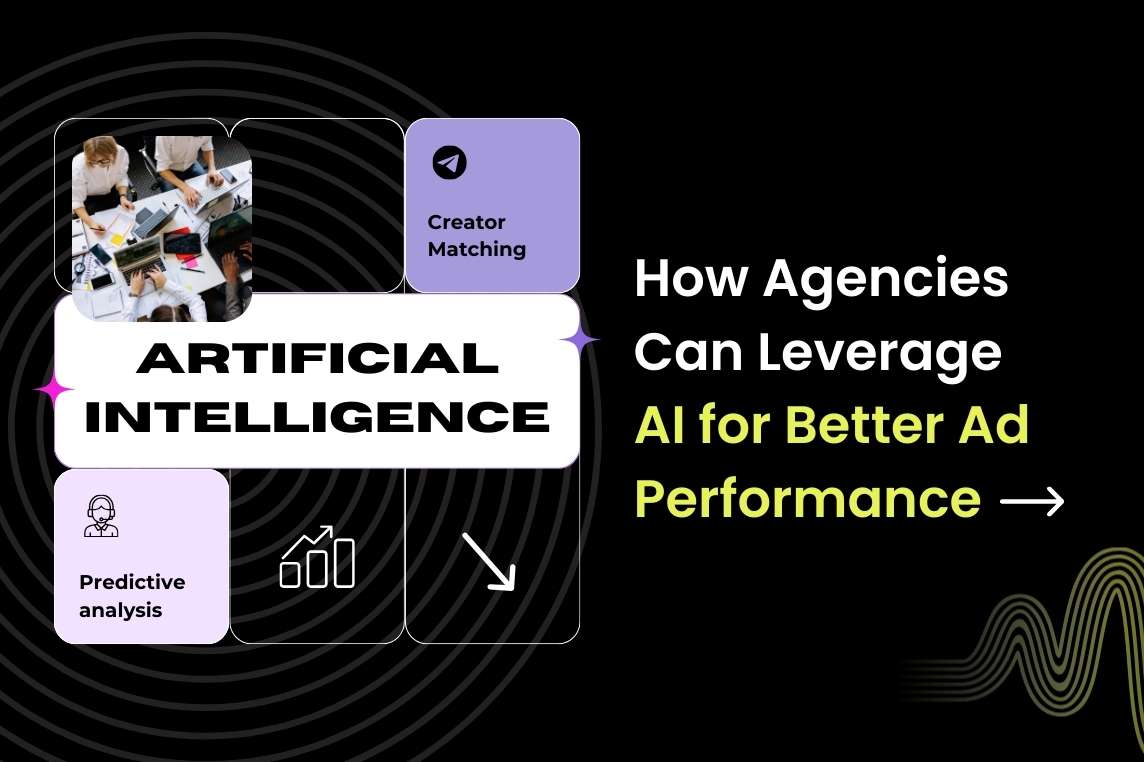











.jpg)

.png)



.jpg)

.jpg)





.png)


.png)
.png)








